Observed annually on February 4, World Cancer Day is a global initiative to both raise awareness of the disease and mobilize people to take positive action in helping curb preventable cancer deaths and improve access to life-saving care. Led by the Union for International Cancer Control, the day originated in 2000 at the World Summit Against Cancer for the New Millenium in Paris, France. February is also National Cancer Prevention Month, dedicated to improving education around and supporting research for early detection and prevention.
The theme of this year’s World Cancer Day is “Close the Care Gap,” a message that boosts momentum in the fight for health equity while celebrating the progress that has already been made. To honor the month and day, we’ve compiled some expert medical advice, helpful resources, and ways you can get involved to help the cause.
Lifestyle and Diet
“I think health is one-third genetics, one-third habits, and one-third fortune, and the only thing we can change are the habits,” Dr. David Lakes, a medical oncologist who sits on the board of The Second Opinion, a free multidisciplinary case conference in California, told Nice News. “The sort of fortune, and the genetics, that’s the hand we’re dealt. But the habits definitely can have some impact.”
So what habits can you cultivate to take the best care of your health? Lakes recommends getting enough exercise, consuming “mostly vegetables and plants,” adding more fish, reducing your intake of red meat, and avoiding products with a lot of preservatives and nitrates.
Both alcohol and tobacco use are both linked to cancer, Lakes points out, as is prolonged sun exposure — so consider evaluating your current relationship with those two substances, and be sure to wear sun protection if you plan on spending time outdoors.
“My joke about good health is ‘choose your parents wisely,’” he added, laughing.
Early Detection
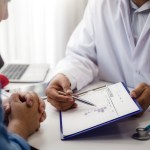
“It is highly important to detect cancer early on in order to achieve the best outcome,” medical oncologist and hematology specialist Dr. Amit Barochia said, adding: “Screening, screening, screening is key.”
Indeed, patient access to screenings has played a crucial role in reducing the number of cancer deaths in the United States by at least 32% since 1991, according to the American Cancer Society, as have lifestyle choices, public policy, and education.
The American Cancer Society provides a search tool to find free or low-cost cancer screenings in your area. To learn about where you can get free skin cancer screenings, visit the American Academy of Dermatology Association’s website, and for free breast and cervical cancer screenings, check the CDC’s interactive map for health clinics in your area.
“Not all cancers are detected early due to lack of screening,” Barochia added. He recommends colon cancer screenings beginning at age 45, as well as breast and prostate cancer screenings, particularly if you are aware of a family history of those cancers.
How to Get Involved This Month
There are numerous opportunities to take action this World Cancer Day and throughout the month, whether you’d like to help from the comfort of home or participate in a hands-on manner.
Visit the World Cancer Day website for ways to get involved based on the amount of time you can commit to, starting with “a hot second.” A map of activities taking place around the world is also available, featuring things like a virtual 5K relay, a blood donation event, and a “Dance for a Cause” Initiative.
On the American Cancer Society website, you can search for volunteer opportunities and join fundraising events.
If you’d like to make a monetary donation, consider giving to the Cancer in the Family Relief Fund, a nonprofit that helps to “provide some normalcy to a child while his or her parent is focusing on treatment and recovery.”
And if you or someone you know is being treated for cancer, consider looking into the Cancer Support Community. The largest nonprofit network of cancer support worldwide, the organization is “dedicated to ensuring that all people impacted by cancer are empowered by knowledge, strengthened by action, and sustained by community.”
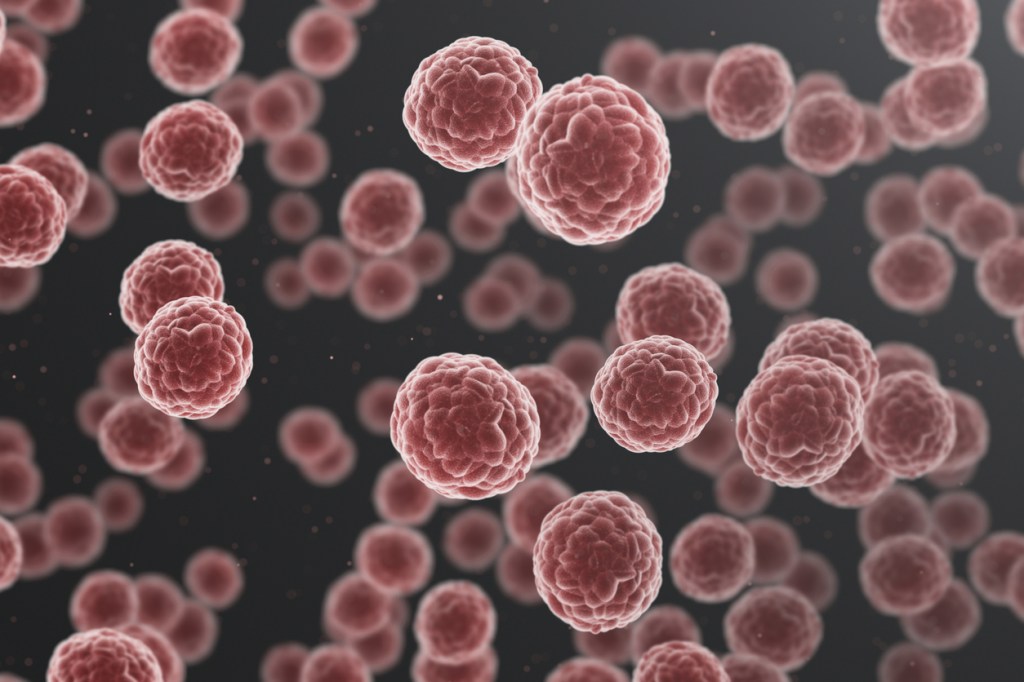


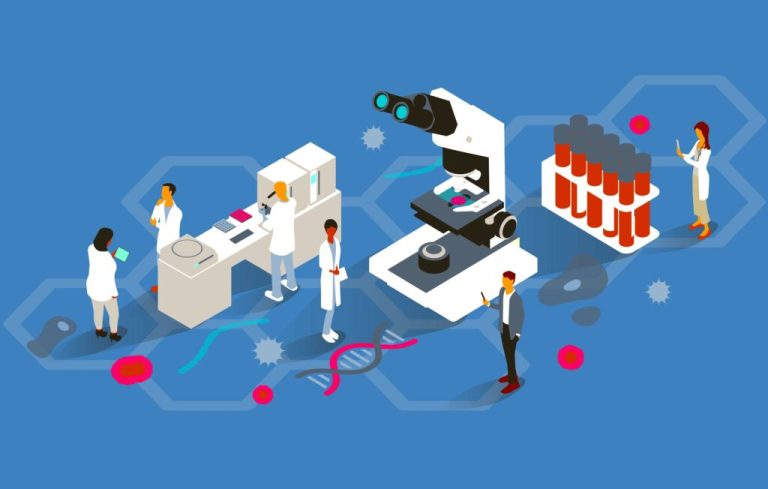
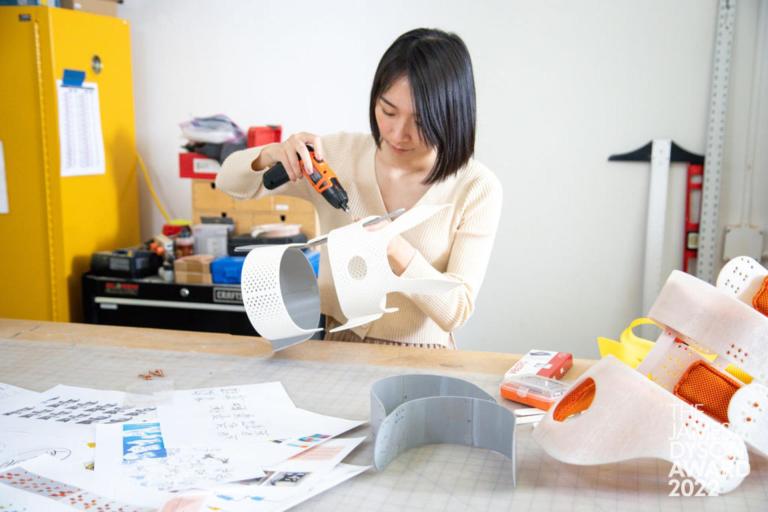



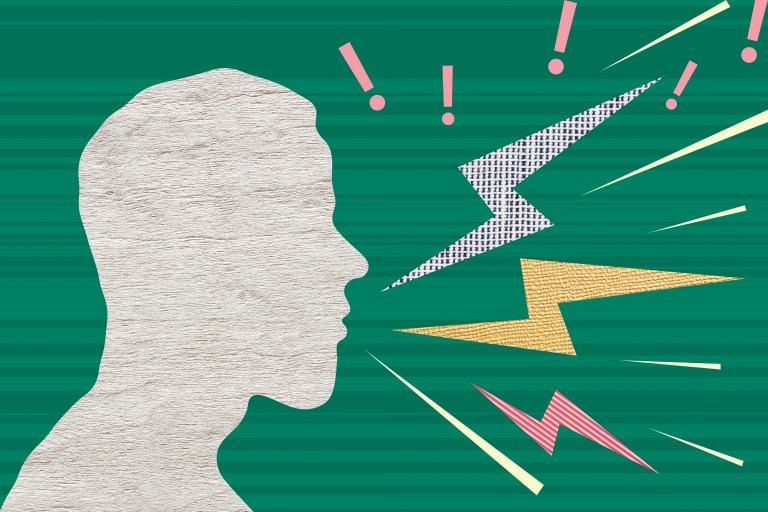
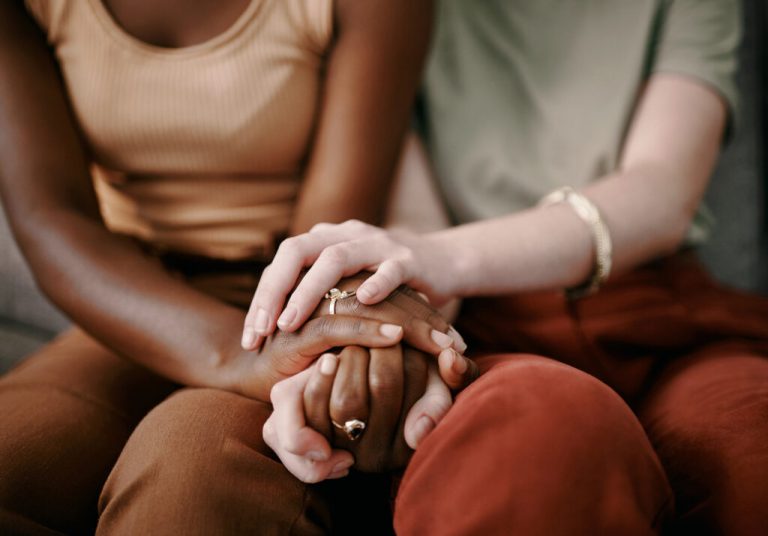
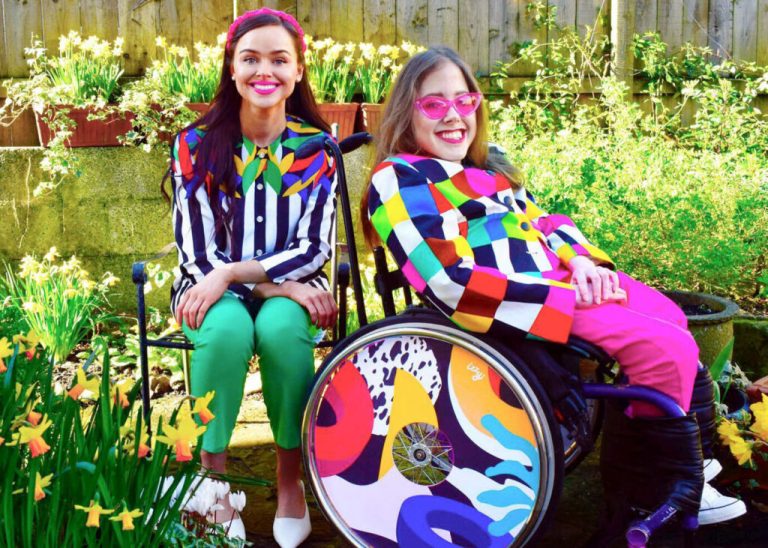
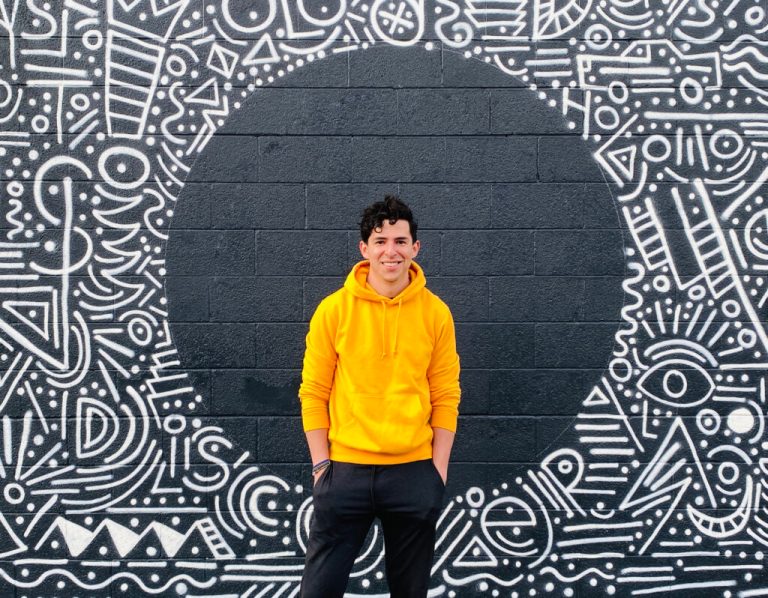
Pingback: The Best Clean Beauty Upgrades: From Plant-Based Concealer to All-Natural Cheek Balm - Usernames Ideas